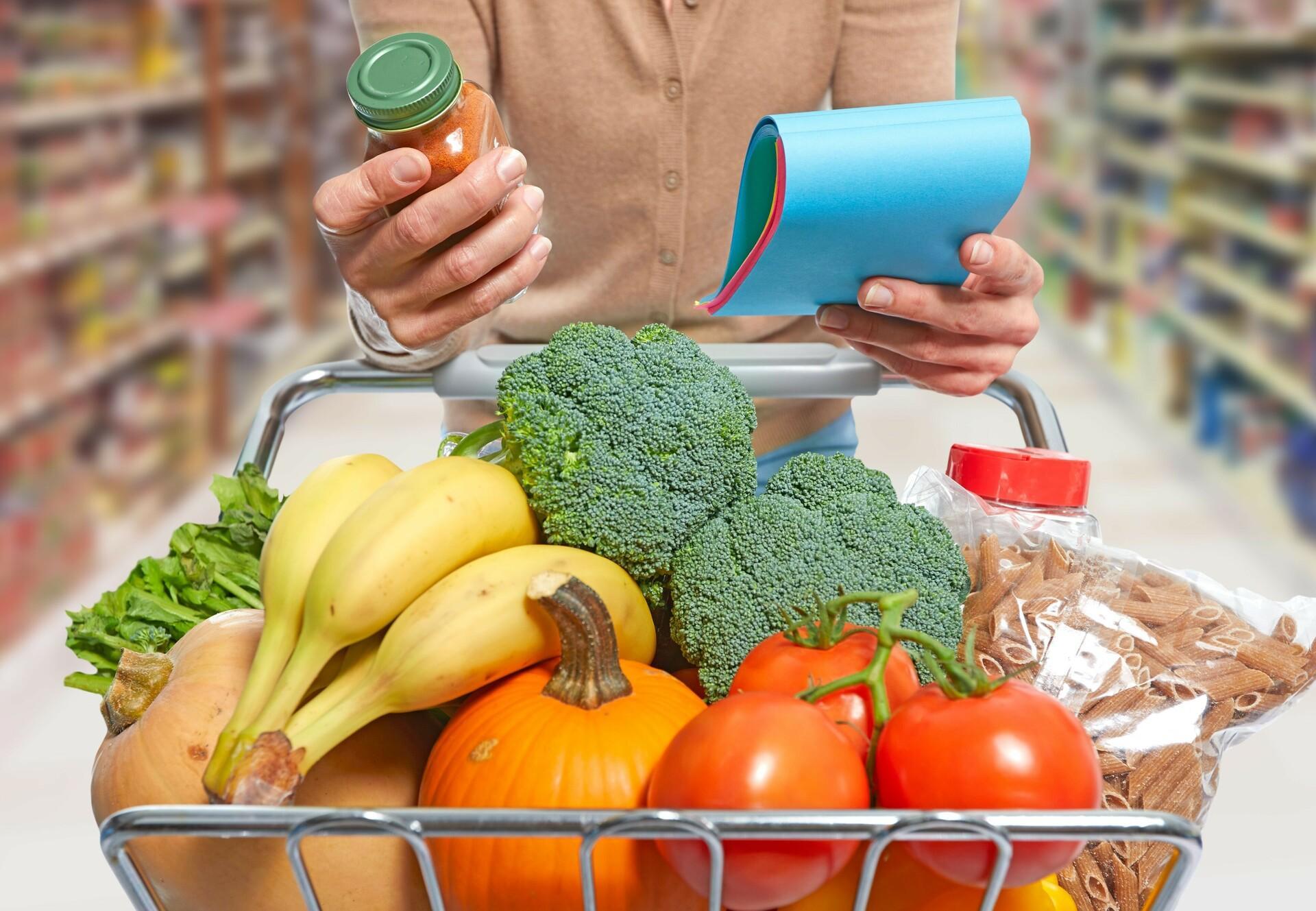
Are Animal-Free Alternatives Good for Us?
How healthy are meatless-meat burgers, mayo without eggs and other plant based products?
Meatless-meat burgers, mayo without eggs, bacon without pork and chicken without poultry. These are just some of the innovative, animal-free products which have hit our supermarkets and are being eaten by more consumers than ever before.
As the number of flexitarians, vegetarians and vegans is increasing around the globe, so is the demand for alternative proteins1,2. Although the welfare of animals is one of the primary motivations to do so, personal health is also a major factor2. This bears the question: Are these alternative proteins – that thanks to hi-tech food start-ups mimic the texture, taste and look of traditional animal products so well – really safe and healthy?
Are they safe? And are they healthy for us?
The good news is that most countries have systems in place to ensure the safety of alternative proteins – whether through rigorous pre-market approvals like in the EU or post-market oversight as in the U.S. – with only parts of the Global South still developing comprehensive regulatory frameworks.
So not only are they generally safe, but they even have benefits compared to conventional animal products, such as not containing antibiotics or trans fats.
However, they can be highly processed and be high in calories and salt, and low in micronutrient density.
The main things to look out for are the following:
- Genetically Modified Soy: Soy is one of the most commonly genetically modified crops. While major scientific bodies, including the National Academies of Sciences3, have found no conclusive evidence that GMO soy poses health risks, concerns remain among some consumers about long-term effects and environmental impact. If you prefer to avoid GMOs, look for products labelled organic or non-GMO verified, which are widely available today.
- Fillers: Many processed plant-based foods contain additives and fillers to improve texture or shelf life. A long and complex ingredient list can sometimes indicate a highly processed product, which may be lower in nutritional value. Choosing products with simpler, recognizable ingredients—especially those labelled organic or non-GMO—can be a safer bet.
- Sodium: Many plant-based meat alternatives can be high in sodium, commonly known as salt. Always check the nutrition label and compare sodium content to the serving size. Fortunately, manufacturers are increasingly working with food scientists to improve the health profile of these products, including reducing salt and replacing soy with ingredients like peas, potatoes, seitan, and tempeh.
As with any diet, a balanced one is essential in ensuring it’s both healthy and nutritious. One cannot go wrong with increasing their fresh vegetable intake and decreasing the amount of meat, dairy and eggs.
Enjoying More Meat-Free Meals Can Lead to Significant Health Benefits
- Choose fresh organic and seasonal ingredients
- Read labels to familiarise yourself with how the products were sourced
- Research the company's mission and philosophy behind their animal-free product range
- Cook home-made meals. There is nothing more satisfying when a meal is made from scratch from animal-free ingredients which not only looks good but tastes just as great
With food trends rapidly changing and the food industries coming up with more animal-free products, we can be sure that we will never be limited to certain food types and will always have a choice in making more conscious, healthy food choices whenever possible.
Source
2. Veganism and vegetarianism worldwide. Statista. [accessed 2025 Jun 16]. https://www.statista.com/study/106479/veganism-and-vegetarianism-worldwide/
3. Stearns S. GMOs and Food Safety | Science of GMOs. 2017 [accessed 2025 Jun 16]. https://gmo.uconn.edu/topics/gmos-and-human-health/
4. Raj S et al. Vegetarian Dietary Patterns for Adults: A Position Paper of the Academy of Nutrition and Dietetics. Journal of the Academy of Nutrition and Dietetics. 2025;125(6):831-846.e2. https://doi.org/10.1016/j.jand.2025.02.002

